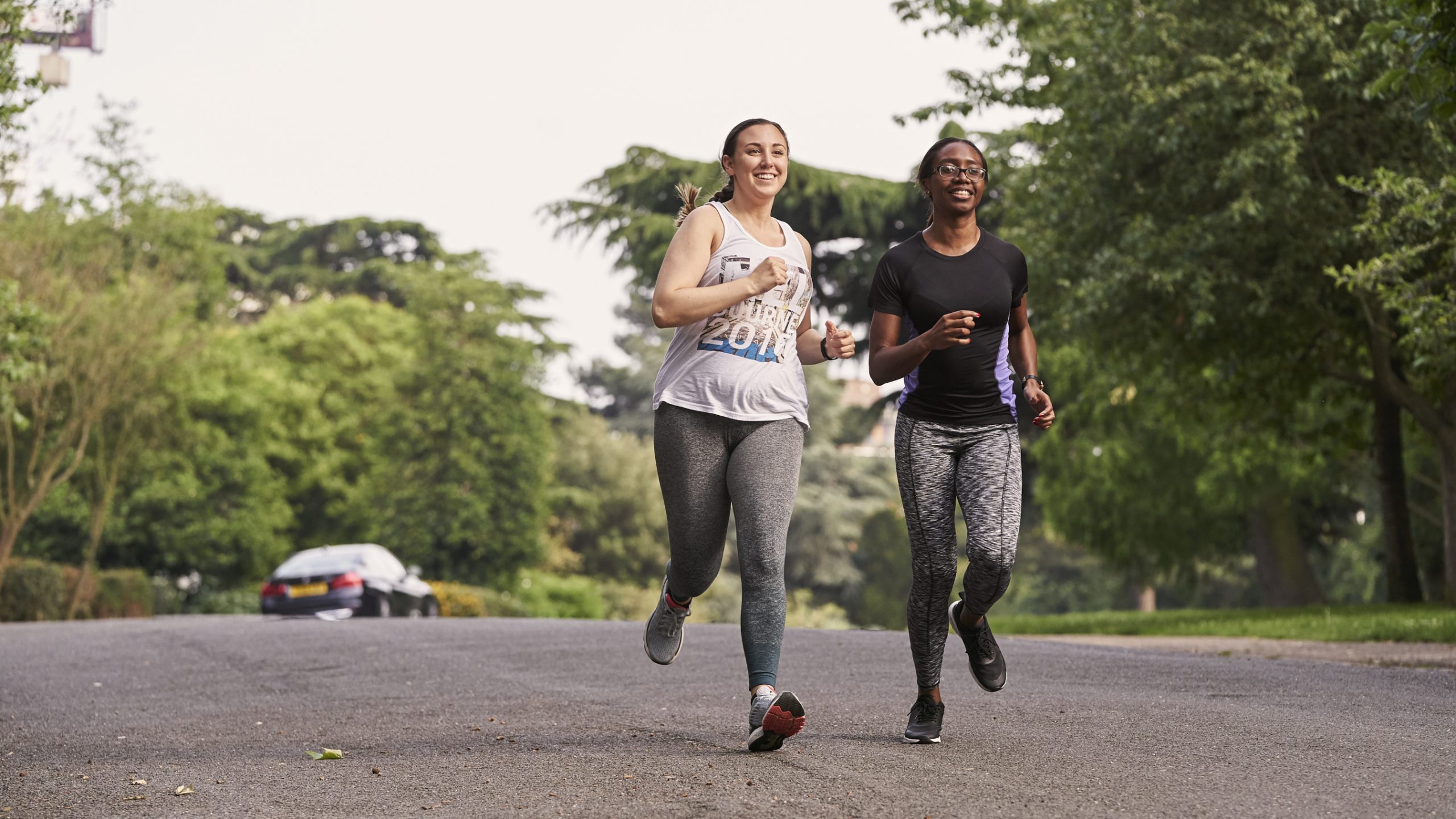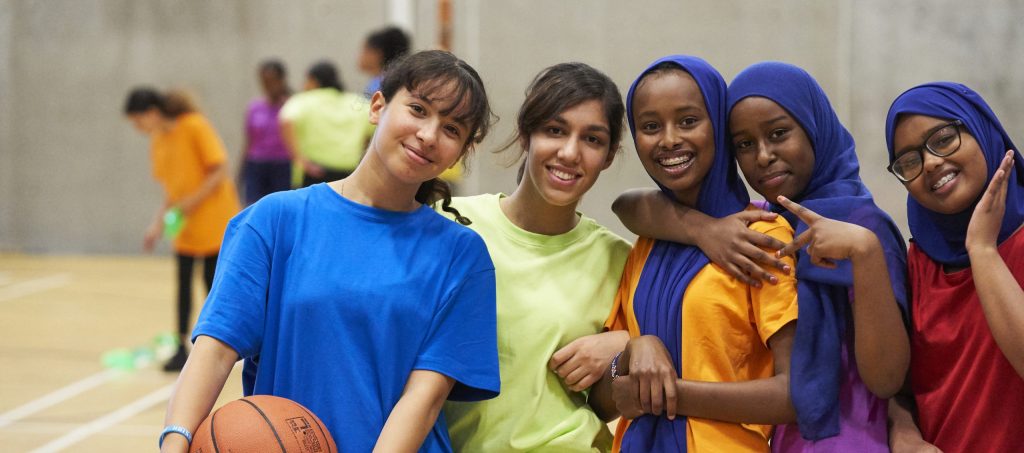The latest Sport England Active Lives data has shown that women have failed to bounce back to activity levels seen before the Covid-19 pandemic – with lack of enjoyment being a significant factor. This data tracked adults for 12 months from November 2020.
The survey highlighted that 3% fewer women (60%) are active than men (63%) meaning they achieve more than 150 minutes of activity a week. Men’s activity levels had further to fall during the pandemic but recovered more quickly each time restrictions were lifted, whilst women’s activity levels had less far to fall but started lower and have not bounced back.
Asian women, who were already the least active group of women, continue to be the least active (46%) followed by black women (52%). We also know that people from lower socioeconomic groups and those with disabilities or long-term health conditions are less likely to be active and have felt the impact of the pandemic the hardest.
-
Only 25
%
of women say they find sport enjoyable, compared to 37% of men
-
Only 1
in 50
women say they play team sport, compared with 1 in 13 men
Of enormous concern is women’s attitudes towards sport, with only a quarter of women (25%) saying they found it enjoyable compared to 37% of men – a massive 12% gender gap. This is particularly prevalent in team sport with only 1 in 50 women experiencing the joy of team sport compared to around 1 in 13 men.
England is in the midst of an ongoing underactivity crisis and whilst women’s elite sport is now making progress, women’s activity levels have taken a backwards step. Progress made to provide girls and women with the opportunities to be active – and inspire them to do so – has been lost.
This is a serious issue for our society, as exercise is an antidote to so many issues girls and women face, whether it is soaring levels of anxiety and depression, self-harm and eating disorders in young women, menopause symptoms in midlife or osteoporosis causing fractures in later life.
Decline in Activity in Young People
Worryingly there has also been a drop off in activity levels in the younger age groups. Young people continue to be the most active of any age group, but there has been an ongoing reduction in activity levels. The data shows that nearly 1 million fewer 16-34 year olds are active now than five years ago. The younger the age group, the worse this trend gets: activity levels for 16-24 year olds are down nearly 6% since the pandemic started.
Whilst the latest report does not include the gendered breakdown, but recent research from Women in Sport shows that we are in danger of failing a generation of girls unless urgent action is taken. The figures found that 43% of teenage girls (1.3 million) who once considered themselves sporty disengage from sport following primary school* and that complex barriers and deep-rooted negative attitudes are affecting girls’ enjoyment of sport.
Without positive start points to build life-long healthy habits, it’s a slippery slope to inactivity from the teenage years and into adulthood. Pressures of schoolwork (47% of girls say this is a barrier to participation) give way to increasing demands of work and family life, coupled with increasing time and financial pressure. These demands, coupled with psychological factors driven by gender stereotypes, such as fear of judgement, mean girls and women are missing out on sport.
Although the overall picture is bleak there are glimmers of hope. The habits many of us formed in lockdown seem to have stuck. The number of people enjoying walking for leisure continues to increase, with 56% of women enjoying the pastime in the last year. By contrast active travel, cycling, running, swimming and fitness activities have declined since lockdown restrictions were lifted.
Physical activity does more than keeping us fit, it can have a profound and positive effect on mental wellbeing and playing sport can build life skills such as resilience, teamwork and communication.
Stephanie Hilborne OBE, Women in Sport CEO
Stephanie Hilborne, CEO of Women in Sport said: “We simply cannot continue to let so many girls and women suffer from a lifetime of inactivity and its consequences. All our lives have been disrupted by the global pandemic, women and children have suffered most of all and so it is more vital than ever that everyone has the chance to experience the sense of joy, freedom and adventure that sport and exercise can provide. Physical activity does more than keeping us fit, it can have a profound and positive effect on mental wellbeing and playing sport can build life skills such as resilience, teamwork and communication.
Sport has the power to transform lives and action must be taken to ensure no one is excluded from the joy, fulfilment and lifelong benefits of sport.”
*Reframing Sport for Teenage Girls (2022)


